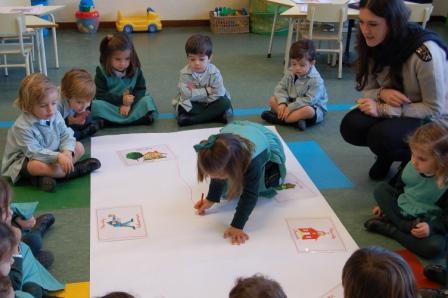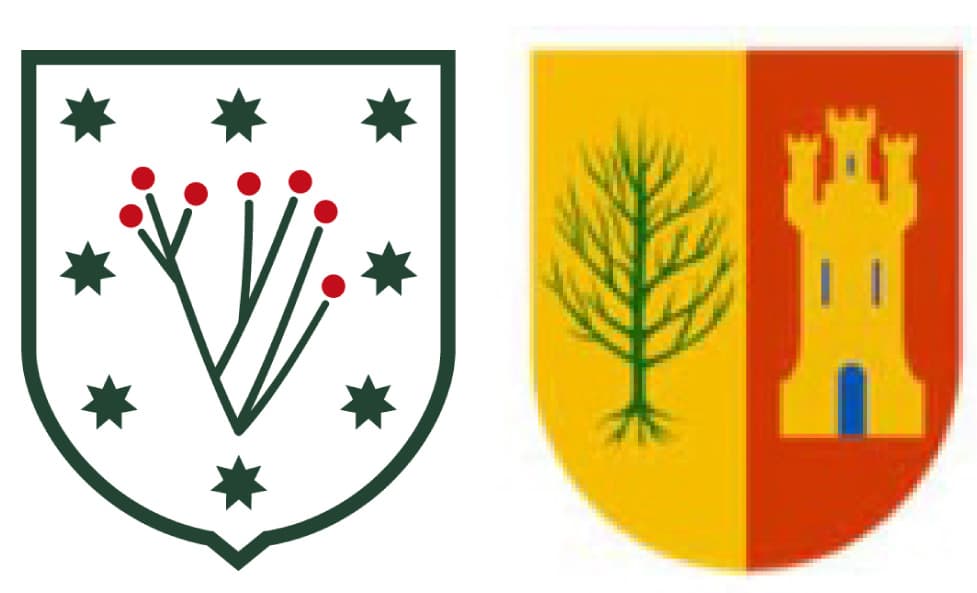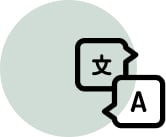Learning English through games

Learning English through games

Right now, English has an important role in this wonderful journey as it has many benefits and contributions nowadays that will be reflected in the future.
We know that children learn best when they enjoy learning. This is what enables young children to remain motivated through all their subjects. It also allows them to make purposeful links and connections throughout their learning.
Our goal is to improve their English through games, as well as the use of the traditional flashcards, which establish the basis for knowledge. The use of flashcards is related to visual learning, where flashcards are one of the best tools for memorizing information. However, they will grasp concepts and skills better if they have fun and enjoyable experiences through games. songs, rhythms and poems which are also other ways of enjoying themselves while learning.
Playtime is the way in which they learn about themselves and people around them. Playing both alone and in small/big groups helps facilitate learning and allows them to practice these skills and concepts. We know this is collaborative way of learning introduced by active learning, for role play, and for children who learn from each other by sharing those experiences in the classroom through speaking and listening. Our aim, as teachers, is to encourage them to use as many words as they already known in English and for them to try to make as complete sentences as they can.Throughout the school year, as they achieve these goals, they are rewarded with prizes, medals, stickers, by raising the moon, etc, to motivate them in a positive way.
As we have mentioned before, children spend most of the time playing but they are also encouraged to read the English books from the classroom trolley. The English library is full of books especially chosen by teachers so that they are related to the units which have been already learnt during the lessons.
At the very end of each unit or study topic, we try to round off their learning by playing movies in English, using story telling time, singing songs, reciting ryhms and poems or doing work sheets which help them reflect the knowledge acquired.













